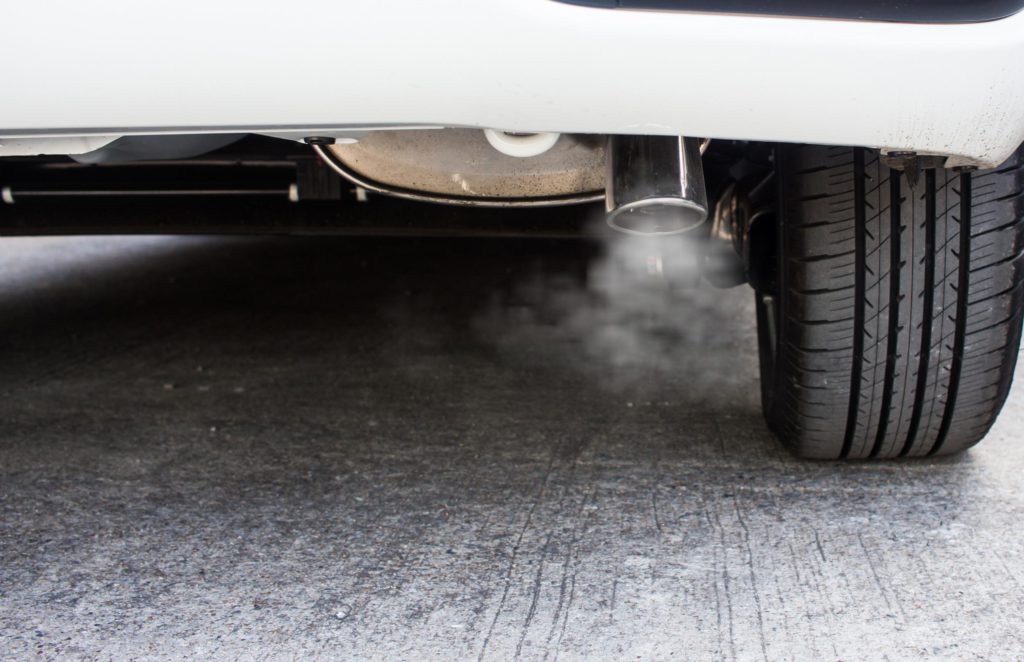ADAC tests reveal many petrol cars also exceed NOx limits
22 March 2017

22 March 2017
ADAC, the German automobile association, has conducted its emissions EcoTest on the road in normal traffic conditions. As expected, many diesel cars had poor results. Some Euro 6 compliant vehicles even performed worse than some Euro 5 compliant ones. More worryingly, however, many petrol cars were found to have higher particulate emissions than permitted.
Of the 77 cars tested, only five achieved the maximum five star rating and nine were awarded four stars. Which means that ADAC can only recommend 14 of the 77 tested.
Among the 38 diesel cars tested, none were awarded five stars and only the Mercedes E220d 9G-Tronic and the BMW 118d Urban Line were awarded four stars. Some cars were found to significantly exceed the nitrogen oxide (NOx) limits. For example, the Renault Captur dci90 was recorded as emitting 725mg NOx/km – more than nine times higher than the Euro 6 limit of 80mg/km for light-duty diesel vehicles. These findings have also been echoed by the results of tests conducted on diesel cars by Which? in the UK.
In some cases, Euro 6-compliant diesels recorded higher emissions than those complying only with the Euro 5 standard. This is especially disconcerting as an increasing number of cities look to ban older diesels. Specifically, diesel cars that do not comply with the Euro 6 standard are due to be banned from the streets of Stuttgart from 2018.
The biggest revelation from the ADAC test results, however, is that many petrol-driven cars were also found to significantly exceed particulate emissions limits. This applies even to small cars such as the Volkswagen Tiguan 1.4 TSI and the Opel Corsa 1.0 Turbo EcoFlex Edition.
ADAC reports that, on average, NOx emissions from direct-injection petrol cars were five times higher than the limit which comes into force in September 2017. Particulate limits have been lower for direct-injection petrol cars than for diesels and have only been gradually phased in so OEMs could develop and fit the technology required to meet the new limits. But with these tougher regulations due in less than six months, petrol cars will need to be fitted with better particulate filters in order to meet the new target.
Manufacturers have commented previously that meeting the new emissions rules is impossible but Thomas Burkhardt, vice president for technology at ADAC remains critical. He said; ′It is regrettable that manufacturers continue to do far too little to use long-standing emission technologies in their vehicles which effectively protect the environment.’
It has been widely reported that diesels are expected to become more expensive as selective catalytic reduction (SCR) devices are required to reduce their emissions and that these cannot be retrofitted to older cars. In conjunction with driving bans, diesel demand is already suffering in Europe. Petrol cars could now face a similar technological hurdle (naturally with cost implications) and potential image issues too if this news of their excessive emissions becomes contagious. However, this may accelerate the uptake of electric vehicles and, in turn, the OEMs that have them at the core of their strategy, such as BMW, Volkswagen and Renault.